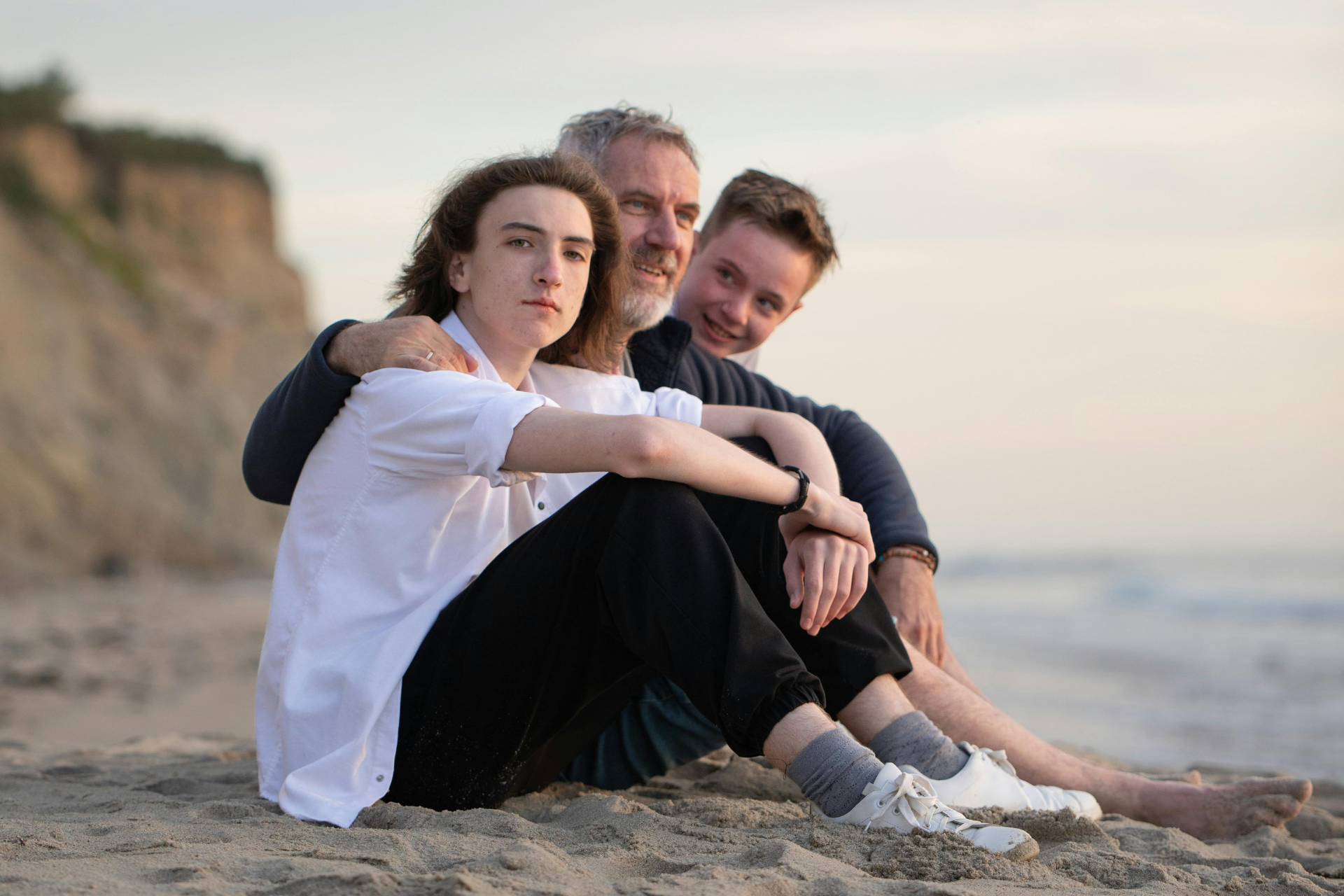Recovery often carries with it a dated image, a last resort, a clinical environment, a place where people end up only after they’ve lost everything. But the truth is far more nuanced.
Modern recovery is not simply about stopping a behaviour; it’s about creating the conditions in which a person can begin to live with purpose, clarity and resilience. At The Bridge, recovery is reframed as a rigorous, structured process, one that places equal importance on accountability, compassion and deep psychological insight.
We don’t believe in downtime for its own sake. Every moment of a client’s stay is designed to support real, measurable change. That means helping individuals not just to get clean, but to remain sober and build the strength required to maintain long-term recovery — physically, mentally and emotionally.
The programme is abstinence-based and intentionally challenging, not to be punitive, but because recovery demands depth, consistency and commitment.
Recovery is Not Reserved for Crisis
There’s a persistent cultural myth that recovery must begin at rock bottom and that someone must first lose everything before they’re finally ready to change. In reality, many of our clients arrive with lives that, on the surface, appear functional. They may be holding down successful careers, raising families or maintaining routines that conceal the toll addiction is taking beneath.
True recovery doesn’t require chaos as a prerequisite. In fact, early intervention often results in better outcomes, because it prevents further emotional or physical damage from taking hold. At The Bridge, we work with individuals who are able to recognise a growing misalignment in their lives and are motivated to address it before it worsens. What matters is not how far someone has fallen, but whether they are willing to take the work of recovery seriously.
Accountability and Compassion in Equal Measure
Structure is a core pillar of our programme. Clients are asked to meet high expectations, but they are never asked to meet them alone. The environment is tightly held, built to encourage honesty and consistency, yet it also offers the safety necessary to explore what is often deeply uncomfortable emotional terrain.
We create space for clients to show up fully, not just when they feel strong, but especially when they don’t. The support at The Bridge is both clinical and communal. Clients participate in therapy and group work, but they also learn how to give and receive accountability, building the kind of emotional resilience that is essential for long-term recovery. This is not a retreat from life but a structured re-engagement with it, grounded in the understanding that healing doesn’t happen in isolation.
Not Every Client Fits the Stereotype
A large portion of those we work with would not consider themselves addicts in the traditional sense. Some have never experienced physical dependence. Others have not lost relationships, jobs or stability. What they have lost, however, is a sense of control. They find themselves caught in patterns, bingeing, numbing, compulsively reaching for relief, and unable to stop, despite the rising cost to their wellbeing.
These are not lesser experiences. At The Bridge, we recognise that the presence of chaos is not what defines the legitimacy of someone’s recovery. If substance use, gambling or compulsive behaviours are interfering with your ability to live the way you want to live, that is enough. You do not have to hit rock bottom to reach for something better.
Looking Forward, Not Just Looking Back
While much of recovery involves unearthing and understanding the past, the goal is always to build something new. Our work helps clients move through reflection without becoming stuck in it. They begin to define what a meaningful, values-aligned future looks like and take practical steps to create it.
This means learning how to sit with discomfort rather than escape it, how to rebuild trust with oneself and others, and how to respond to stress and uncertainty with clarity rather than compulsion. Recovery is not a return to who someone used to be, it is a movement toward who they are capable of becoming.
A Different Kind of Programme
The Bridge is not designed for passive observation. It is an active, immersive environment where individuals are expected to engage with the work of change, not simply witness it. Every element of the programme, from therapy and physical movement to group dynamics and nervous system work, is intentional, designed to support a return to health in every sense of the word.
We are direct, focused and deeply committed to helping people move beyond short-term abstinence and into long-term strength. If you are serious about quitting drinking, stopping drug use, or ending destructive cycles for good, we are here to help you do the work.
This is what modern recovery looks like. Not something to fear, but something to step into with courage.
Photo by iddea photo




